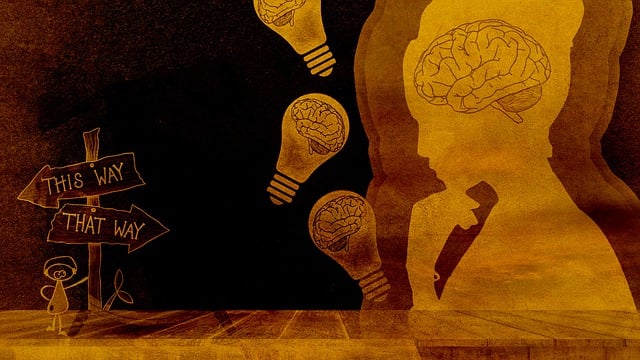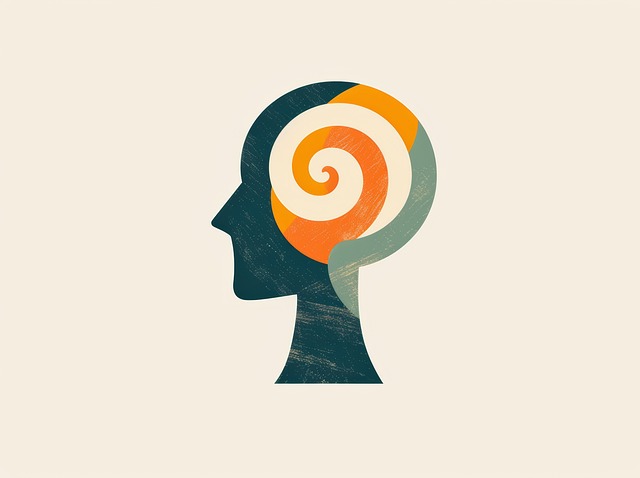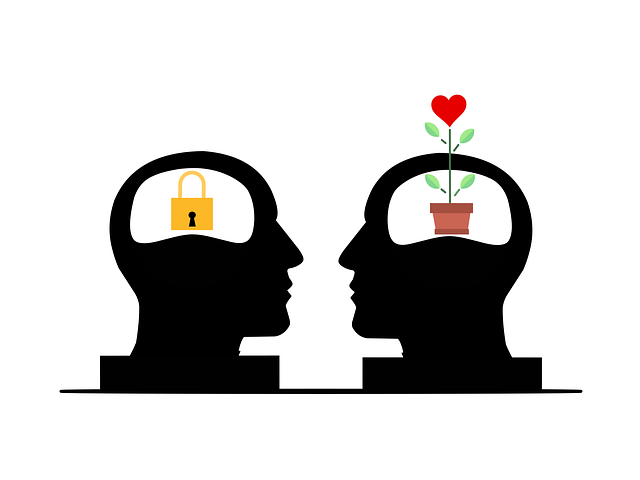Emotional Intelligence (EI) is a powerful asset for personal growth and mental health, thanks to Lafayette Self-Esteem Therapy. This therapy enhances self-awareness, emotional navigation, and relationships, reducing stress and anxiety. It provides tools like mindfulness, empathy-building, and cognitive reframing to improve decision-making and prevent burnout. By tackling self-worth issues, Lafayette Self-Esteem Therapy boosts EQ through stress management, trauma support, and self-reflection practices. Practical strategies like mindfulness meditation and compassion cultivation integrated into daily routines promote emotional regulation and well-being. Holistic progress tracking using self-reflections and digital tools ensures sustained growth in EI, ultimately leading to healthier relationships and improved overall mental health.
Emotional intelligence (EQ) is a powerful tool for navigating life’s challenges and cultivating mental well-being. This article explores the profound impact of EQ on our daily lives, highlighting why it’s a vital component of personal growth. We delve into the effectiveness of Lafayette Self-Esteem Therapy as a method to enhance EQ, providing insights into its key components and practical strategies for integration in daily routines. Additionally, we discuss measurement techniques to track progress and sustain emotional intelligence development.
- Understanding Emotional Intelligence and its Impact on Mental Well-being
- The Role of Lafayette Self-Esteem Therapy in Enhancing EQ (Emotional Quotient)
- Key Components of Building Emotional Intelligence Step-by-Step
- Practical Strategies for Integrating EQ into Daily Life
- Measuring Progress and Sustaining Emotional Intelligence Growth
Understanding Emotional Intelligence and its Impact on Mental Well-being

Emotional Intelligence (EI) refers to an individual’s ability to recognize, understand, and manage their own emotions, as well as recognize, interpret, and influence the emotions of others. This concept has gained significant prominence in recent years, not only in psychological studies but also in various professional domains. A high level of emotional intelligence can significantly impact mental well-being. It fosters better self-awareness, enabling individuals to navigate their emotions constructively, leading to reduced stress and anxiety.
For those seeking personal growth and improved mental health, Lafayette Self-Esteem Therapy offers valuable tools. By understanding and harnessing emotional intelligence, individuals can enhance their relationships, make more thoughtful decisions, and effectively manage challenges like burnout, especially in demanding professions such as healthcare. Techniques focused on promoting emotional well-being can include mindfulness exercises, empathy-building activities, and cognitive reframing, all of which contribute to Anxiety Relief and Burnout Prevention Strategies for Healthcare Providers.
The Role of Lafayette Self-Esteem Therapy in Enhancing EQ (Emotional Quotient)

Lafayette Self-Esteem Therapy plays a pivotal role in enhancing Emotional Quotient (EQ) by addressing core issues related to self-worth and confidence. This therapeutic approach helps individuals recognize and understand their emotions, leading to better mood management and improved interpersonal relationships. By focusing on building self-esteem, Lafayette Self-Esteem Therapy equips clients with the tools necessary to navigate complex social dynamics effectively.
Through this therapy, individuals learn coping mechanisms for stress management and even gain valuable trauma support services. The process encourages self-reflection and fosters personal growth, allowing people to develop a more positive outlook on life. By integrating emotional awareness with practical strategies, Lafayette Self-Esteem Therapy empowers clients to make informed decisions and maintain healthy relationships, ultimately enhancing their overall EQ.
Key Components of Building Emotional Intelligence Step-by-Step

Building emotional intelligence (EI) is a multifaceted process that involves understanding and managing one’s own emotions, as well as recognizing, empathizing with, and influencing the emotions of others. The key components of EI development include self-awareness, self-management, social awareness, relationship management, and a strong foundation of mental health literacy.
To foster emotional intelligence, consider a step-by-step approach. Start by enhancing mental health education to develop a solid understanding of emotional states and their impact on thoughts and behaviors. This knowledge forms the basis for self-regulation, which can be improved through practices like mindfulness meditation and journaling. Next, cultivate resilience building skills to navigate challenging situations with adaptability and composure. As you progress, focus on conflict resolution techniques, learning to address interpersonal conflicts constructively and foster positive connections. Engage in active listening, practice empathy, and develop a genuine interest in others’ perspectives to enhance social awareness. Finally, master the art of relationship management by setting boundaries, effectively communicating needs, and fostering mutually beneficial interactions, potentially supported by Lafayette Self-Esteem Therapy or similar programs designed for mental health education.
Practical Strategies for Integrating EQ into Daily Life

Emotional intelligence (EQ) is a skill that can be cultivated and enhanced through practical strategies integrated into daily routines. One effective approach is to practice mindfulness meditation, which helps individuals become more aware of their emotions and thoughts in real-time. By regularly engaging in mindfulness exercises, one can improve self-awareness, learn to regulate emotions, and develop better responses to challenging situations. This increased emotional awareness is a cornerstone of EQ, enabling individuals to navigate interpersonal relationships with greater sensitivity.
Additionally, compassion cultivation practices have been shown to boost EQ. Exercises that encourage empathy and understanding towards oneself and others can foster a deeper connection and reduce the impact of mental illness stigma. Incorporating these practices into daily life, whether through journaling or engaging in community service, can contribute to building resilience and enhancing overall well-being, as advocated by Lafayette Self-Esteem Therapy. These strategies not only promote personal growth but also positively influence social interactions, leading to more fulfilling relationships and a greater sense of purpose.
Measuring Progress and Sustaining Emotional Intelligence Growth

Measuring progress is an integral part of any growth journey, and emotional intelligence development is no exception. At Lafayette Self-Esteem Therapy, we believe in a holistic approach to assess and track your emotional intelligence (EI) growth. This involves regular self-reflections, where individuals can analyze their thoughts, emotions, and behaviors, identifying patterns and areas for improvement. By maintaining a journal or using digital tools designed for self-monitoring, clients can visually see their progress over time. This process allows for a deeper understanding of one’s emotional responses and decision-making processes.
Sustaining growth in emotional intelligence requires consistent practice and commitment. Our therapy programs focus on developing resilience by teaching individuals to manage stress, regulate emotions, and adapt to changes. Through various techniques like cognitive-behavioral therapy and mindfulness exercises, clients enhance their self-esteem improvement and build mental wellness coaching skills. The key is to integrate these practices into daily life, ensuring that emotional intelligence becomes an innate part of one’s personality, fostering healthier relationships and improved overall well-being.
Emotional intelligence, a vital component of personal growth, significantly impacts mental well-being. By understanding its importance and utilizing effective strategies like Lafayette Self-Esteem Therapy, individuals can enhance their EQ and lead more fulfilling lives. Through step-by-step building blocks and practical integration into daily routines, emotional intelligence becomes an achievable goal. Continuous measurement and commitment to growth ensure lasting benefits, allowing folks to navigate life’s challenges with greater resilience and self-awareness.













